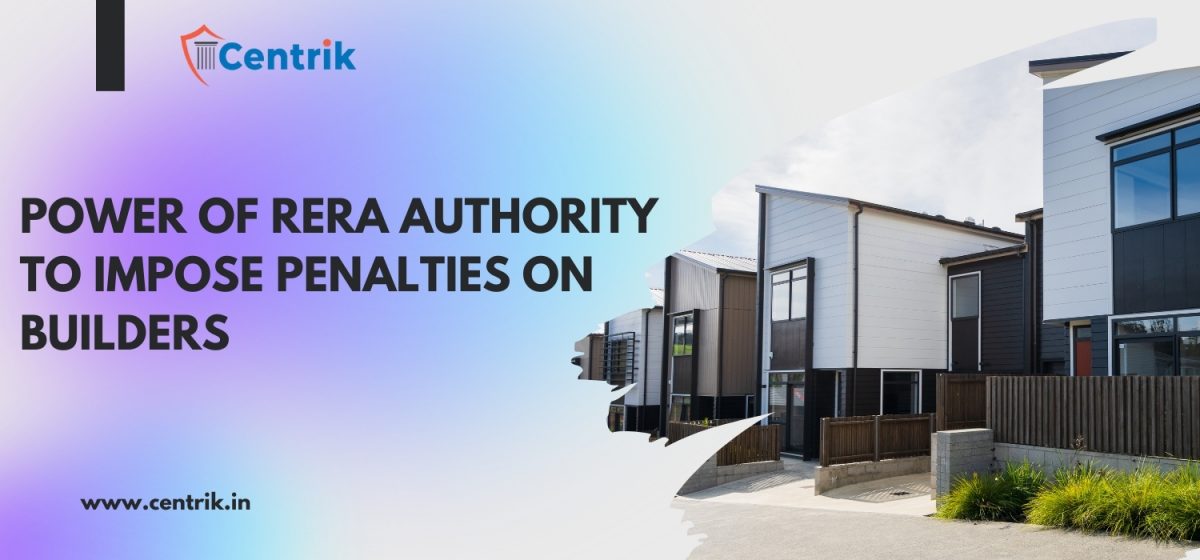The newly formulated UPRERA bench at greater Noida will become functional from 4th September and already has 4000 complaints filed with them for adjudication. The four members of the authority will look at the Maharashtra RERA authority for example in order to ensure speedy resolution of complaints. Maharashtra RERA authority ranks first in the country … Continue reading “UPRERA to take clues from MahaRERA model in order to ensure speedy resolution”
The division bench of Rajasthan High court stayed the order passed by the RERA Appellate Tribunal as it was not constituted as per the provisions of the Act.

HRERA: Haryana RERA had imposed a penalty of rupees 5 Lakh on Parsvnath Developers for not following its orders.
As per a recent order by Bombay High Court upholding constitutional validity of the Real Estate Regulation and Development Act (RERA) with ongoing projects included, has come as a blow for the Haryana government. The government has kept the majority of ongoing projects out of RERA ambit. Union Minister for Housing and Urban Affairs stated yesterday that state … Continue reading “Bombay HC orders on RERA clobbered Haryana Government”
Mumbai: Bombay high court on Thursday directed Runwal Homes to deposit Rs 1.74 crore if it wanted a refund order passed by Maharashtra Real Estate Regulatory Authority (MahaRERA) against it stayed. A division bench of Justices Shantanu Kemkar and Girish Kulkarni gave the developer two weeks to deposit the amount in the court registry. “On (Runwal Homes) depositing the amount of Rs … Continue reading “Builder told to deposit 1.7cr for order passed by MahaRERA to be stayed”

If the promoter fails to follow RERA’s orders, they will have to pay a penalty. This amount could be up to 5% of the evaluated cost of the property. If the Appellate Tribunal’s orders are not complied with, a penalty will have to be paid.

The Real Estate Regulatory Authority Act, 2016 (hereinafter referred to as RERA Act) intends to provide efficiency and transparency to the real estate market, with one of the key priorities being to defend the interests of purchasers in the real estate sector.

The real estate sector was unregulated for a long time. If customers experienced delays, they had little redress. Because court disputes may take a long time, most customers were at the discretion of the builders. A proper complaint process has emerged as a result of the implementation of RERA.

Prior to the RERA Act coming into force, the real estate sector in India was mostly unregulated, with no standardization of business operations or transactions. Due to a lack of a legal framework, home buyers/allottees were often confronted with issues such as project delays, price increases, and poor building quality.

RERA was implemented to acknowledge and solve discrepancies and issues of home buyers. By establishing rules for the sale of real estate and requiring developers to adhere to certain criteria, it protects the interests of homebuyers.

Section 8 of the RERA is an essential clause that guarantees the protection of homebuyers’ interests in the event that the registration of a real estate project is canceled or expires.

RERA was established to do away with project delays, malpractice, and irregularities in norms and increase transparency and accountability from builders and homebuyers both.

A builder-buyer agreement with mandatory clauses that the states or union territories cannot change has been proposed to the Supreme Court by the federal government.

A respondent has violated the provisions of section 18 of the RERA and hence the complainant is entitled to seek interest for the delayed possession under section 18 of the RERA.

Buyers say that RERA orders are not getting implemented and this is forcing them to approach NCLT and there is a need to check abuse and maximize the value of assets.












 join For Updates
join For Updates